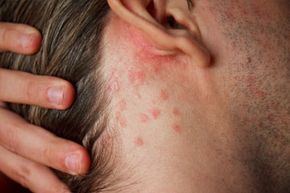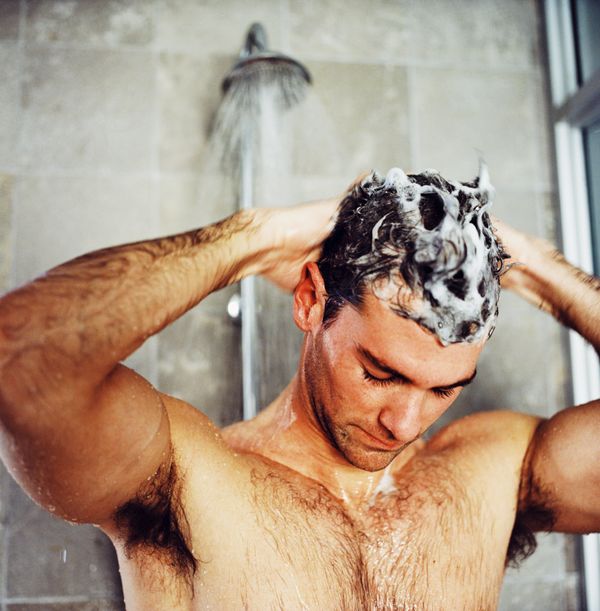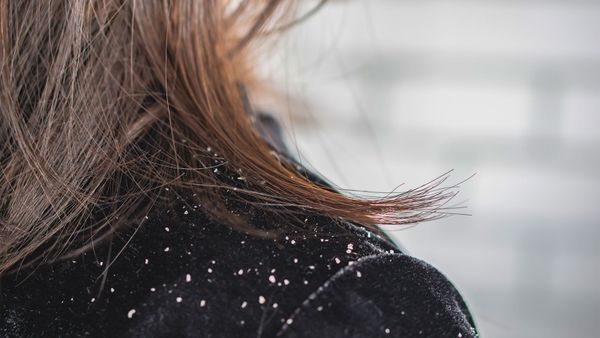In the best-case scenario, scalp psoriasis might be barely noticeable or not even noticeable at all. But in the worst-case scenario, sufferers must endure significant physical discomfort from an itchy, red scalp with raised lesions and a build up of scales that flake off like dandruff, sometimes causing severe embarrassment and depression.
An estimated 7.5 million Americans have psoriasis, and approximately one-half of that number will have an outbreak of scalp psoriasis at some point [source: National Psoriasis Foundation]. Psoriasis is a chronic disease, with flare-ups typically interspersed with periods of remission or times when the condition is less active.
Advertisement
Psoriasis, which is not contagious, is a disorder of the immune system. A type of white cell called a T cell (T lymphocyte) attacks healthy skin cells instead of doing what it is supposed to do -- fight off harmful bacteria or viruses. As a result, the growth cycle of skin cells speeds up. Normally, it would take several weeks for new skin cells to work their way to the skin's surface, but psoriasis shortens the process to days. This rapid turnover leads to thick, scaly patches building up on the skin [source: Mayo Clinic].
Psoriasis comes in several variations. By far, the most common type is plaque psoriasis, which is identified by its red lesions and silvery scales. Scalp psoriasis is a form of plaque psoriasis. Scalp psoriasis can consist of a single patch, multiple patches or it can cover the entire scalp. Sometimes it goes beyond the scalp to the forehead, the back of the neck or behind the ears.
The lesions (plaque) of scalp psoriasis can be so minor that they're barely noticeable, or they can be quite inflamed and swollen. The silvery-white scales that appear look a lot like dandruff. Other symptoms are a burning sensation, temporary hair loss, dry scalp and itching. Not everyone will experience every symptom. Hair loss is usually temporary and comes from too much scratching or being too harsh in removing scales [source: American Academy of Dermatology].
Although scalp psoriasis sounds scary and can be quite unpleasant, treatments can interrupt the cycle of rapid cell growth, remove the scales and treat plaques that have formed. This article will delve into the causes of the disorder and explain medical and at-home treatments.
Advertisement


